Janet Sobel has put words to action and she has a plan. A plan to spread the word about the stress and anxiety many lawyers cope with on a daily basis and a new path to bring wellness to the legal profession.
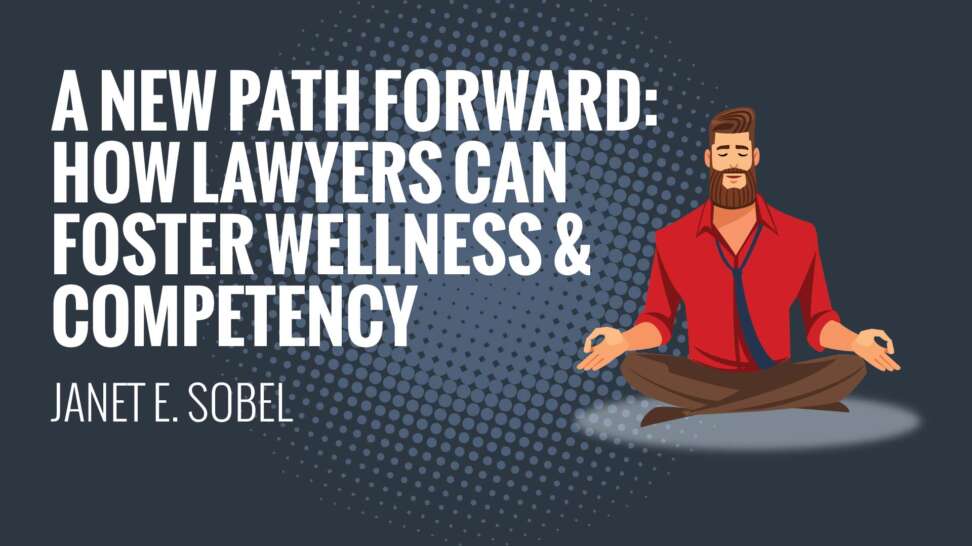

Janet Sobel has put words to action and she has a plan. A plan to spread the word about the stress and anxiety many lawyers cope with on a daily basis and a new path to bring wellness to the legal profession.
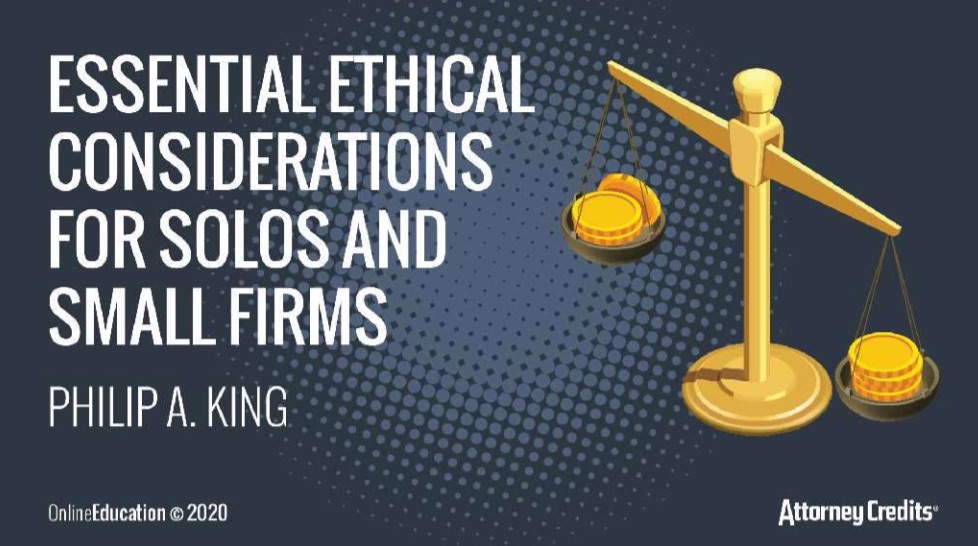
Philip King highlights common ethical pitfalls for small law attorneys and provides numerous helpful points to spot and avoid these routine practice traps.
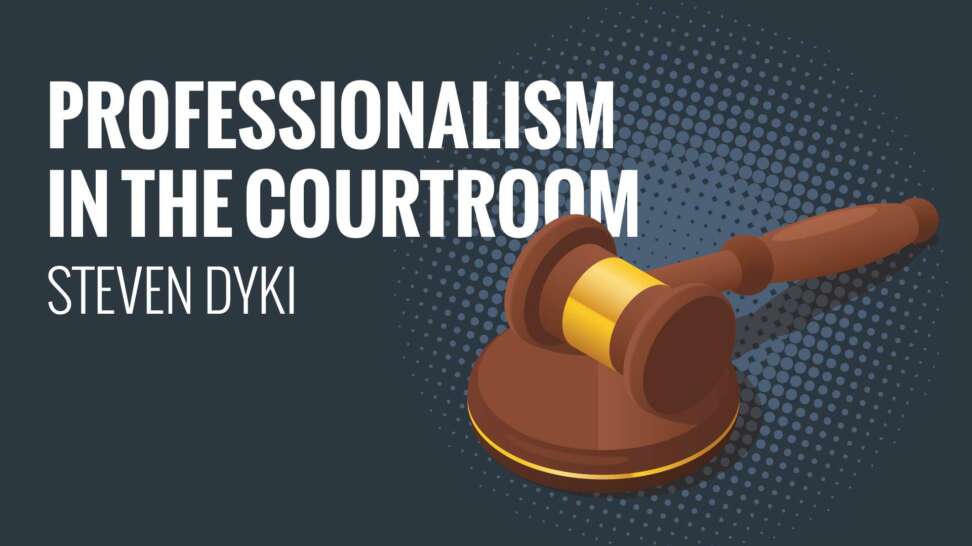
While we practice in an adversarial legal system, attorneys are still under a duty to conduct themselves in a civil and professional manner. This CLE course will analyze the ethical rules mandating civilized & professional behavior, provide case examples of unprofessional behavior and present some of the unintended consequences of uncivilized behavior.
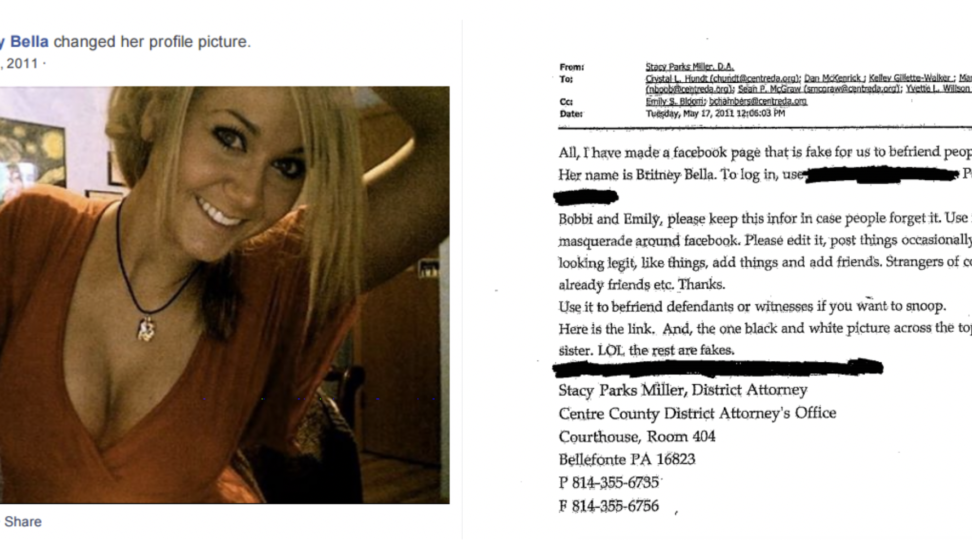
Yes, your online conduct and social media activities can get you into ethical trouble! Use good judgement when using social media in your practice and your personal life.
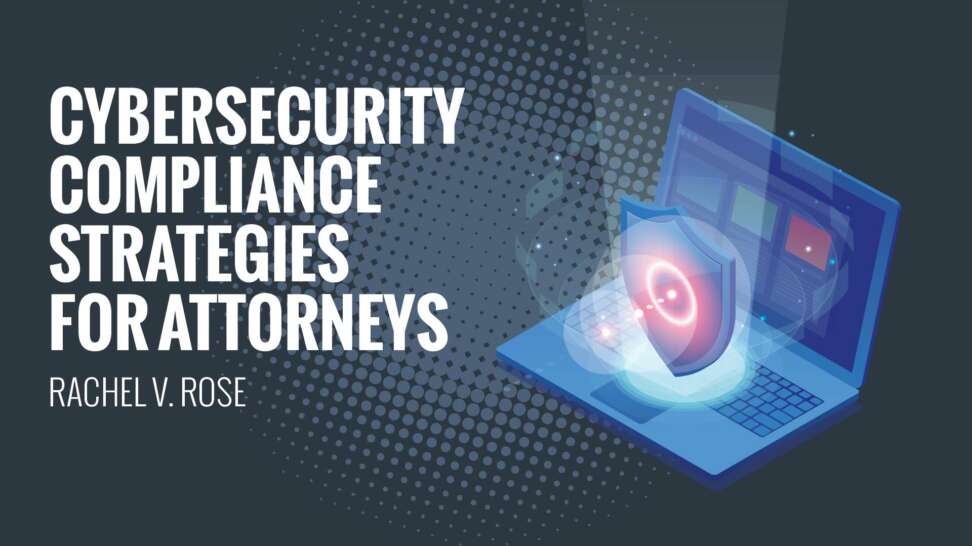
Cybersecurity – it’s not just for Bill Gates and computer geeks anymore. Many attorneys now have ethical and legal duties to be compliant with cybersecurity laws and also protect sensitive client information.
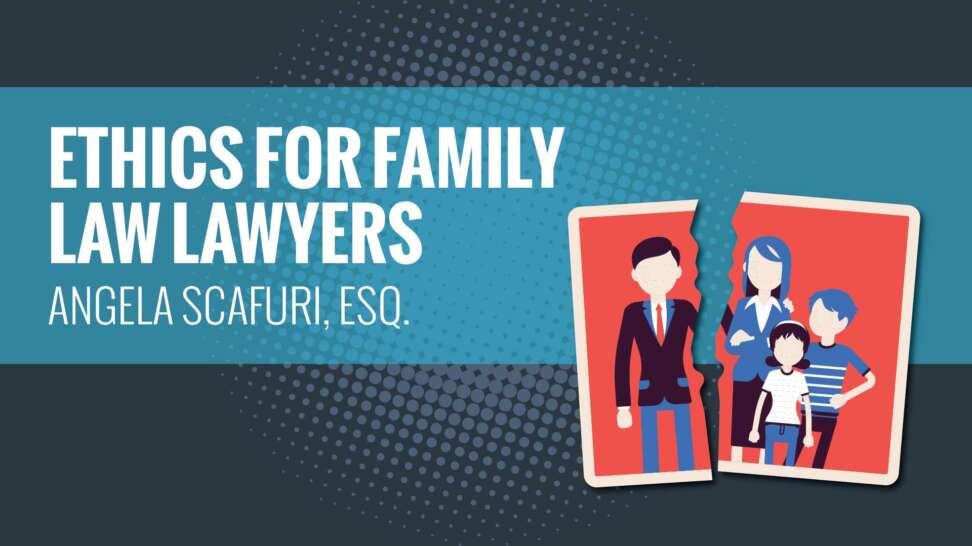
Difficult clients and ethical minefields are lurking everywhere for family law attorneys. In this CLE, Angela Scafuri’s insights will help both new and seasoned family law practitioners to understand the contours of the attorney-client relationship, the problems that arise with difficult clients, client communications and issues involving experts.

The goal of this CLE program is to lay out some of the different people groups that you represent and leave you with a better understanding of Arabic-speaking clients. This course qualifies for Professionalism and Bias credits in numerous states.
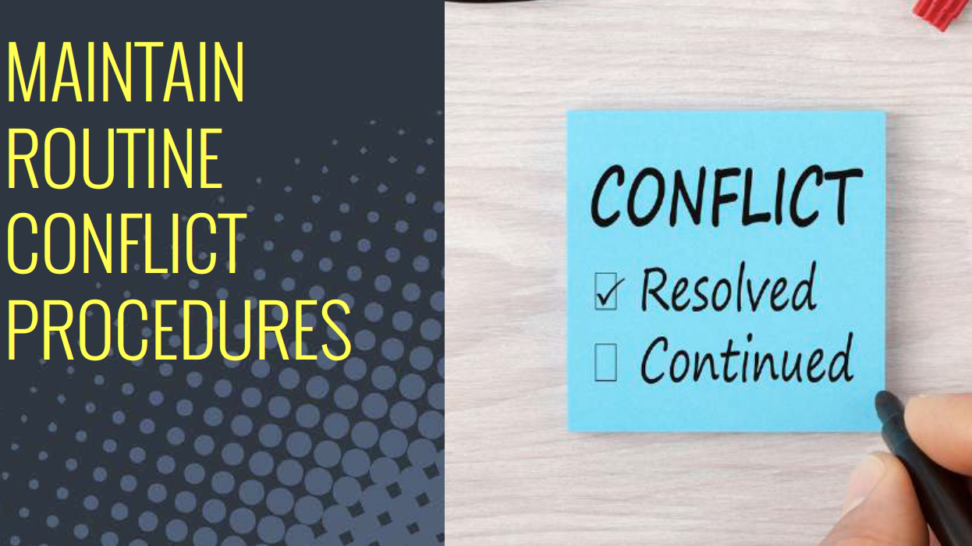
Recognizing conflicts at the outset of the representation is key to avoiding ethical headaches and disqualification. Properly deploying conflict software, conflict waivers and engagement letters can prevent many potential problems.
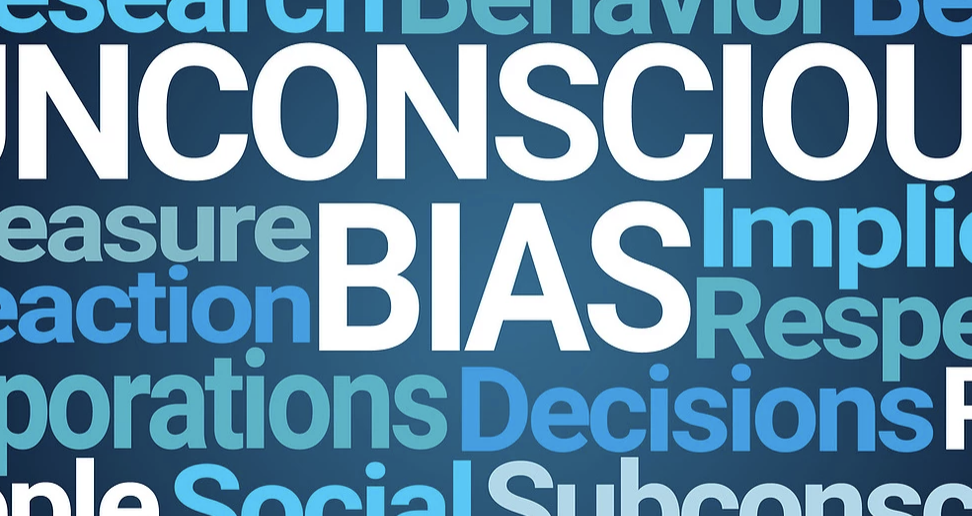
Illinois attorneys must now complete the new required hour of Bias & Diversity and Mental Health & Substance Abuse.
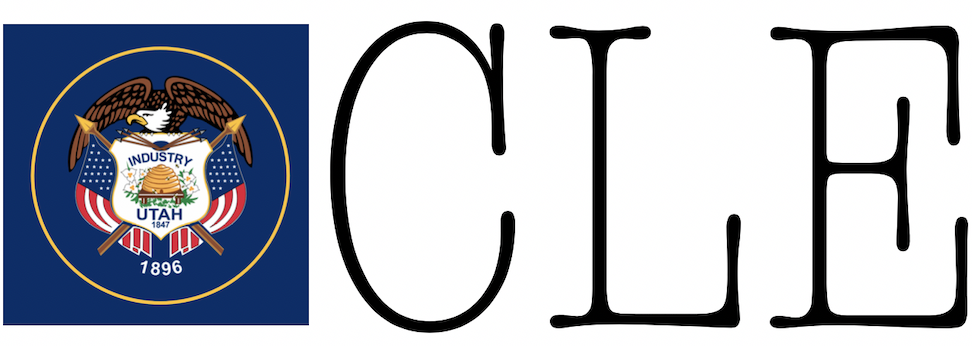
The deadline to complete the 24 required UT CLE hours is June 30. Utah attorneys are limited to 12 online CLE hours of the 24 required by the Utah MCLE Rules.